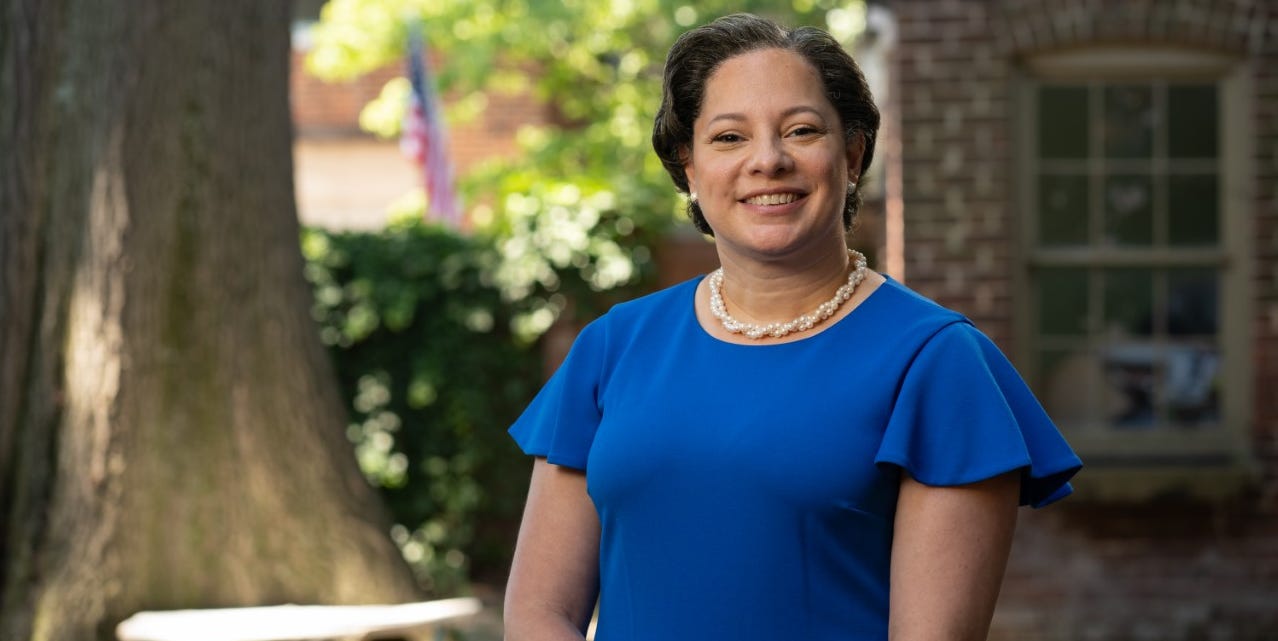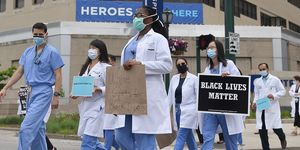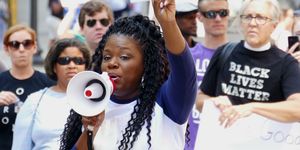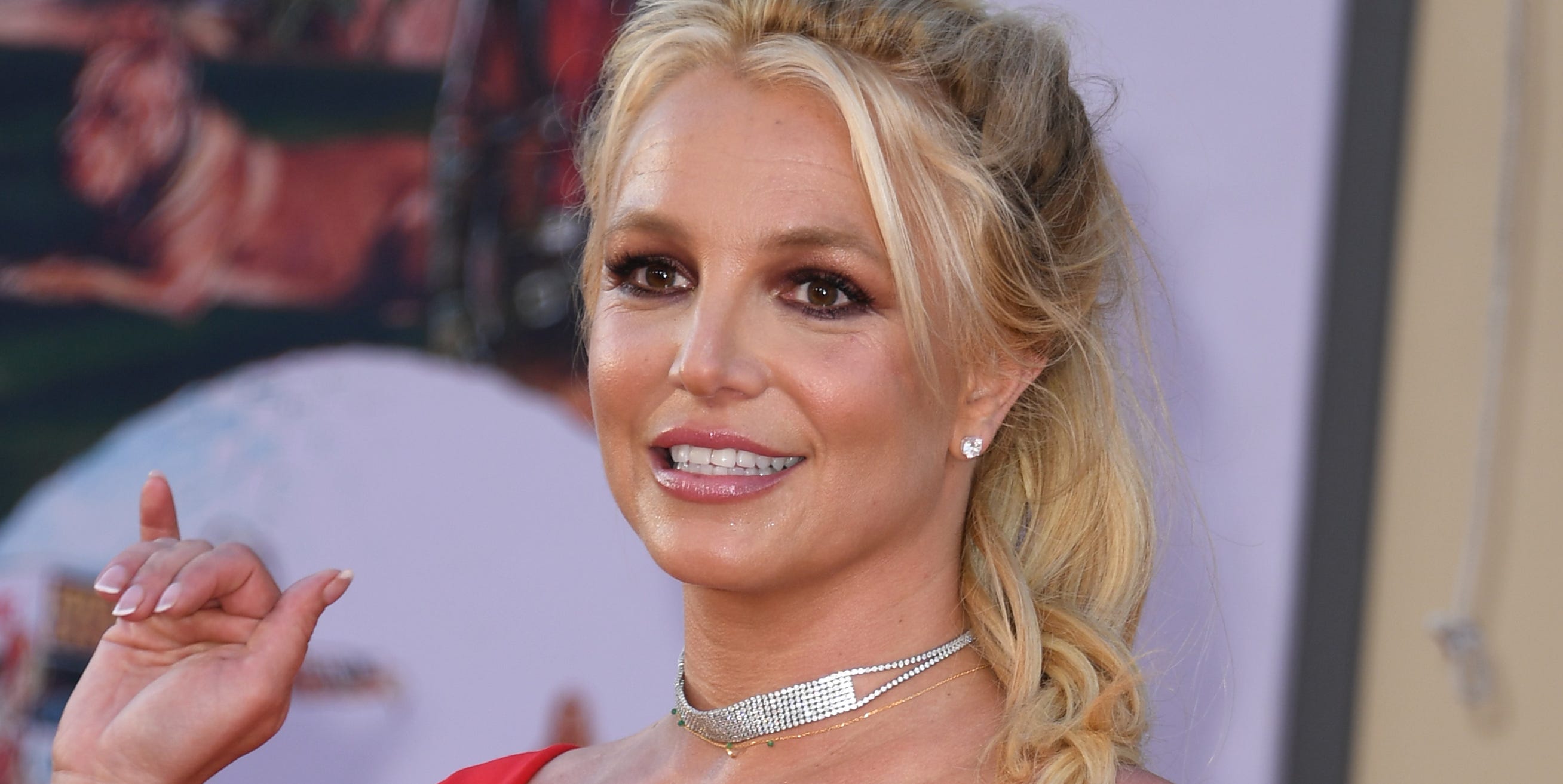
June 18, 2020 at 01:51PM
Historically, women have needed to be convinced to enter politics. But since the 2016 presidential election, thousands of women announced their plans to run for public office. And we want them to win. So we’re giving them examples of women who have run. The point: You can too.
Back in March, the Washington Post reported that 2020 was Virginia’s Year of the Woman. With Democrats controlling the state’s legislature for the first time in decades, a record number of female lawmakers helped approve the federal Equal Rights Amendment, protect abortion, combat sex discrimination, and more.
Then late last month, state delegate Jennifer Carroll Foy announced her bid for governor of Virginia. And today, state Senator Jennifer McClellan has officially joined the race. If either of them were to win the 2021 election, they’d be the first Black female governor of Virginia—and the United States.
McClellan spent 11 years in the House of Delegates and then another four in the state Senate; she was the first House member to ever be pregnant while in office. Now, against the backdrop of the pandemic and the ongoing fight for racial justice, McClellan is prepared for more. Below, McClellan on how she decided to run.
Iwas always interested in government from a history perspective. My dad was born in 1925 and my mom in 1932, and I listened to the stories of them growing up in the segregated South during the Depression, during the New Deal, living through the Civil Rights era. My dad’s love of history sparked in me an interest in government, that it can either be a powerful force for change and solving people’s problems—or it can be a force of oppression for some and opportunity for others.
ADVERTISEMENT
ADVERTISEMENTKate Spade Autumn/Winter Sale |
When I went to college, I joined the Young Democrats. I went to law school. I thought, maybe I’ll be a congressional staffer or work on a congressional committee. But as I got older, I started to think, I want to be the one running to make change, rather than just electing other people with the hopes that they do it.
It was in the back of my head: Maybe one day after I get married, after I have kids, after I’ve made money and retired, maybe I’ll run. But in 2005, when I was 32, a state delegate named Viola Baskerville decided to run for lieutenant governor, leaving her seat open. The more I thought about it, the more my friends started talking to me about it, it was like, “Well, why not now?” So I ran for that seat and won.
Then in 2016, Donald McEachin, who was my state Senator, was elected to Congress. I thought, “I can do this in the Senate and be one of 40 instead of one of 100.” Over time, I’ve come to see that the governor sets the agenda through the budget, through appointments, through the bully pulpit of being governor. I want to be the one setting the agenda for the positive change and problem solving I want to see, not just being one of 140 people helping to implement somebody else’s vision.
Part of what’s pushing me now to run is that Virginia, and this country, are at a critical crossroads in history that we’ve only seen a few times in the past. What direction are we going to go? Are we going to make true the promise of a government by, of, and for all people, with freedom, life, liberty, and justice for all? That will take intentional effort to dismantle 400 years of systematic inequity. Are we going to do that? Or are we going to veer in the direction of just opportunity for some and leaving people behind and not giving everyone a seat at the table?
I’m fighting the same fight that my parents, my grandparents, and my great-grandparents fought. I can’t leave that fight to my children and my grandchildren without doing everything within my power to make progress forward.
Hope is critical to that process. I announced my candidacy for the Senate four days after Donald Trump’s election. I saw people showing up for a special election in the snow in January. People who had never been involved in politics in their lives helped get me elected, and they stayed engaged.
Last year, I was with a group of multi-generational black women, and this young woman said, “All of you at this table have seen progress in your life, but all I’ve seen is regression. I was in elementary school when Barack Obama got elected president and 2016 was the first election I ever voted in. The planet is dying. Most of the people in my generation say, ‘Why bother?'” It was like a slap in the face. I looked at her and said, “If you and your generation lose hope, we are lost.” I have to do everything I can to bring hope back and show them you can not only see progress, but make that progress and be a part of that progress.
I feel the weight of the election. I think about my own family. My great-grandfather had to pass a literacy test and get three white men to vouch for him to be able to register to vote. My great-grandmother couldn’t vote. Their parents were slaves. When I think about the trajectory of my own family, from bondage to leading a Commonwealth that was the capital of the Confederacy, I can’t help but feel the arc of the moral universe that bends toward justice that Dr. King talked about. I have to do my part to help bend it.
Black women have been the backbone of this country for 400 years. Often, we have been relegated to the shadows or the back, and we have been pushing and pushing and pushing and striving forward. To know that I could now be the governor of the Commonwealth of Virginia, it’s the natural progression of that movement forward that began when the first African woman was brought here in chains. I feel the weight of that, but I also feel the power and the hope in that.
This interview has been edited and condensed for clarity.
ADVERTISEMENT
ADVERTISEMENTSports Direct Free Delivery on All Orders! |
ADVERTISEMENT
ADVERTISEMENTUp to 30% off Gift Sets |









